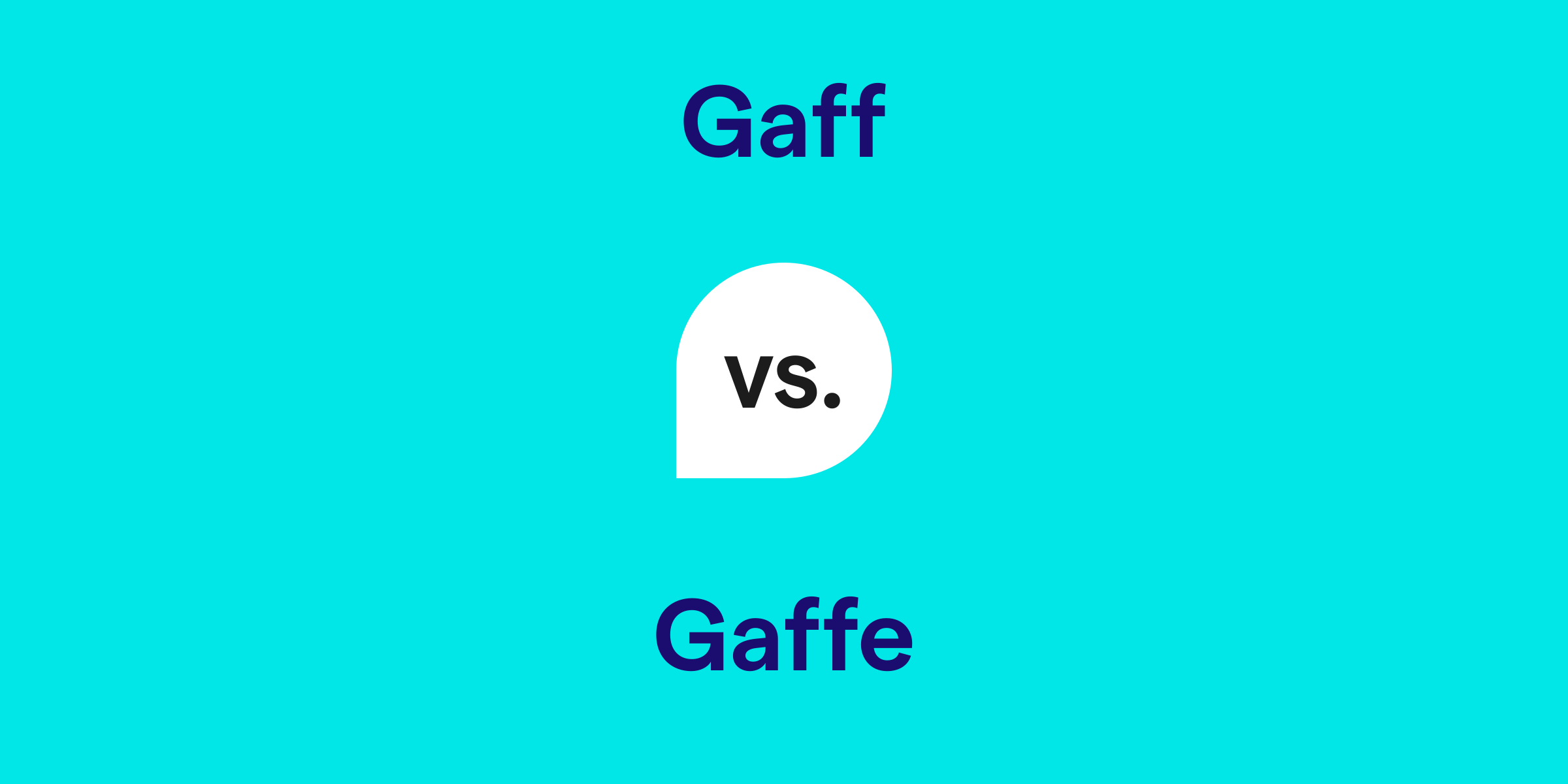Gaff vs. Gaffe: What's the Difference?
Understanding the difference between gaff and gaffe is crucial to avoid confusion, as they are homophones with entirely different meanings. A gaff is a pole with a hook on the end, typically used for landing large fish. In another context, it can also refer to a spar or boom on a sailing ship. In contrast, a gaffe denotes a blunder or an awkward social mistake. It's the term you would use when someone says or does something embarrassing, often in a public or social setting.

How do you use the word gaff in a sentence?
The word gaff is used when referring to fishing or sailing equipment. In fishing, it describes the pole used to land a fish, especially when the fish is too large to bring aboard by line alone. When discussing sailing, it refers to a horizontal pole that helps control and shape the sail. Being acquainted with the contexts in which gaff is appropriate ensures its correct application in conversation or writing related to these subjects.
Examples of gaff in a sentence
- The angler used a gaff to secure the large tuna and bring it onboard.
- During the regatta, one of the competing boats had a broken gaff, causing its mainsail to furl incorrectly.
- He crafted his own gaff out of a sturdy branch and a metal hook, preparing for the upcoming fishing trip.
How do you use the word gaffe in a sentence?
A gaffe is typically mentioned in the context of social interactions, where it depicts a mistake that causes embarrassment or awkwardness. It's used when someone inadvertently offends another person or says something inappropriate, often drawing unwanted attention. Understanding the nuances of social conduct and using gaffe accurately can highlight an awareness of etiquette and the potential consequences of verbal missteps.
Examples of gaffe in a sentence
- The politician's gaffe during the interview was replayed on news channels for days.
- She realized her gaffe only after she had mistakenly revealed the surprise party plans to the guest of honor.
- Accidentally calling his teacher by the wrong name was an embarrassing gaffe for the young student.
Gaff and gaffe definition, parts of speech, and pronunciation
Gaff definition:
A gaff is a stick with a hook, or a barbed spear, for landing large fish, or a spar to which the head of a fore-and-aft sail is fastened.
Gaff parts of speech:
Gaff pronunciation:
Gaff is pronounced as /ɡæf/.
Gaffe definition:
A gaffe is an unintentional act or remark causing embarrassment to its originator; a blunder.
Gaffe parts of speech:
Gaffe pronunciation:
Gaffe is pronounced as /ɡæf/, identical to 'gaff', which often leads to confusion in spoken language.
A gaff is a stick with a hook, or a barbed spear, for landing large fish, or a spar to which the head of a fore-and-aft sail is fastened.
Gaff parts of speech:
- Noun: The fisherman's gaff lay on the deck, still dripping with seawater.
Gaff pronunciation:
Gaff is pronounced as /ɡæf/.
Gaffe definition:
A gaffe is an unintentional act or remark causing embarrassment to its originator; a blunder.
Gaffe parts of speech:
- Noun: His comment about her outfit was a gaffe that made everyone uncomfortable.
Gaffe pronunciation:
Gaffe is pronounced as /ɡæf/, identical to 'gaff', which often leads to confusion in spoken language.
Gaff vs. gaffe in a nutshell
In summary, the term gaff refers to a physical object used primarily in fishing and sailing, while gaffe is used to describe a social error or blunder. Despite their identical pronunciation, their meanings and uses in language are vastly different, making it essential to know which word to use in a given context. A gaff is tangible, involving the catching of fish or handling of sails, whereas a gaffe is an intangible social slip that can cause embarrassment or discomfort in a social setting.
Get AI Writing Assistance Wherever You Type
Make sure your vocabulary is on point and every punctuation mark is in the right place, no matter where you’re working. Grammarly works across more than 500,000 websites and apps so you can improve your writing without copying, pasting, or breaking focus.

More Commonly Confused Words
Interest piqued? Pore (not pour) over other commonly confused words to help your writing reach peak (not peek) performance.